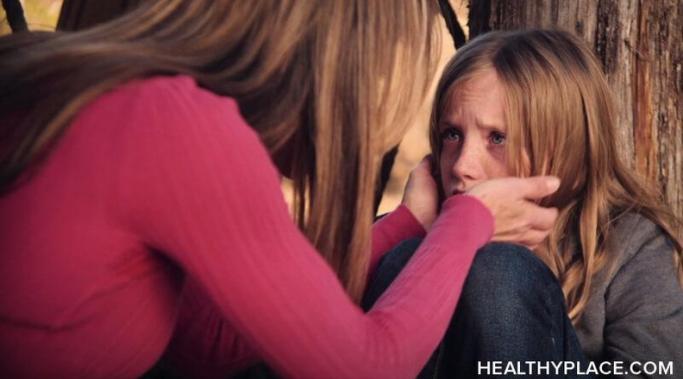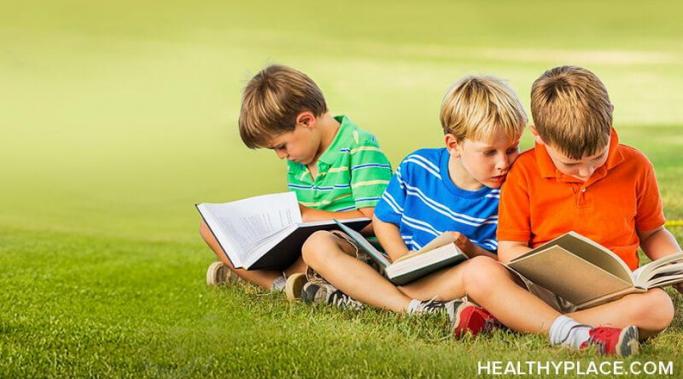You may hear the term tough love sometimes thrown around in conversation. However, this controversial strategy can sometimes cross the line with verbal abuse. Knowing the difference can help you refrain from using verbal abuse or being the recipient in a verbally abusive situation.
Disorders Resulting from Abuse
The grieving process can be traumatic for verbal abuse victims, although the experience is unique for each person. When major life events happen, victims of verbal abuse may work through their grief differently than others. It can take more or less time to heal and move through grief than expected. It's important to recognize that there is no right way to grieve. Verbal abuse victims should seek the help and support they need while working through grief, especially if the grieving process is traumatic.
Healing from a verbally abusive situation will be a unique journey for everyone. One person's strategies may not be successful for someone else. Finding the right tools to deal with the side effects of abuse can be challenging. Thankfully, I have several methods to help combat my self-doubt and reinforce my worth, including strategies like daily affirmations for verbal abuse.
It can be discouraging for many individuals to move away from and begin verbal abuse recovery once they realize the journey is not straightforward. Unlike overcoming other life obstacles, recovery from verbal abuse may present setbacks, leaving an individual with lost hope for a healthy relationship. Although the process may not be as simple as avoiding an abuser, it is possible to hold meaningful connections with others.
Leaving verbal abuse behind is hard. Verbal abuse can be traumatic for individuals of any age, regardless of how much exposure there is to this harmful behavior. Of course, each person is unique and will react in different ways when facing verbal abuse. These responses can determine how effective it is to leave verbal abuse behind and move toward a healthy and happy life.
Navigating verbal abuse is never ideal. This toxic behavior can alter how a person sees and trusts others and interacts in relationships. The amount of exposure to verbal abuse can drastically change a person's view or attitude toward themselves and others. This situation is one I'm familiar with since I can see now that verbal abuse has changed me.
If your childhood included kids teasing you, an adult might have explained that they teased you because they liked you. I'm not sure when affectionate teasing and verbal abuse evolved into a well-known sign that someone likes you, but it should stop.
The 2022 psychological thriller Alice, Darling, a movie showing emotional and verbal abuse, is another true-to-life scenario familiar to many individuals, unfortunately. This movie depicts a woman involved with an emotionally and verbally abusive partner, but she continuously explains his habits away as normal occurrences. The storyline displays how the verbal abuse dynamic can change an individual's personality and how they navigate everyday life.
Is forgiving verbal abuse even possible? Learning to heal from verbal abuse is a unique journey that won't be identical to someone else's path. Each person will go through a series of stages as they work through their past and move forward. Your idea of healing may also differ greatly from what someone else believes is necessary. So, can you forgive verbal abuse, and do you have to so you can move past it?
Verbal abuse can come from individuals of any age, including children. Unfortunately, the understanding that kids can be cruel is too common for many parents. So, why do children resort to verbal abuse to handle difficult situations? The answer could be due to learned behaviors or a developmental phase.









